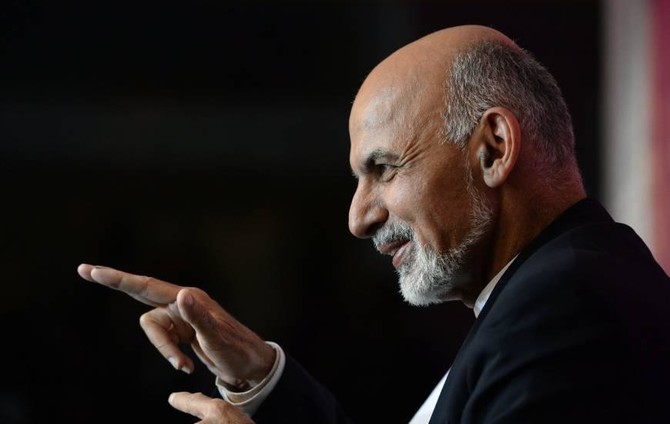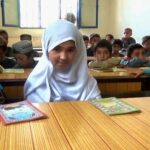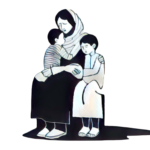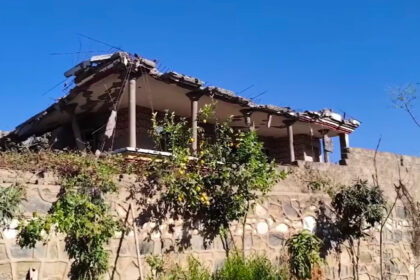Former Afghan president Ashraf Ghani has re-entered the public conversation with two lengthy statements posted on Facebook on 20 November and 27 November 2025, addressing what he describes as a critical moment for Afghanistan. The posts, written in Pashto, Dari and Uzbeki, come as tensions escalate between Pakistan and the Taliban authorities following recent cross-border airstrikes.
Ghani, who has maintained a relatively limited public profile since leaving Kabul in August 2021, used his first statement to describe Afghanistan as standing at a “sensitive historical stage.” He said the country is facing choices that will shape its political and social trajectory for decades. According to him, Afghanistan is navigating between a possible path toward stability and reintegration with the international community, and another path that could deepen internal crises, weaken institutions and increase isolation.
In the 20 November message, Ghani emphasised what he called the need for a “national consensus,” describing it as a collective decision-making process that reflects the views of Afghans inside and outside the country. Without directly naming the Taliban, he questioned the sustainability of a political order defined by a single group and noted that national interests cannot be determined by one faction alone. He referred to the concentration of power, the absence of broad political participation, and the lack of accountability as factors that could undermine the country’s long-term stability.
Ghani also raised concerns about corruption, nepotism and the abuse of authority, describing these issues as barriers to public trust. He wrote that a government driven by private or factional interests cannot meet the expectations of its citizens. Toward the end of the statement, he said he sought nothing personally, but added that he would be willing to “play a role” if the Afghan people needed him. The remark drew attention inside and outside Afghanistan, as it appeared to signal his openness to future political involvement.
His second statement, published on 27 November, was issued following Pakistan’s airstrikes in Paktika, Khost and Kunar. Ghani condemned the attacks, calling them violations of both international norms and moral principles. He expressed solidarity with Afghan civilians affected by the strikes and also mentioned the suffering of people in Pakistan’s Khyber Pakhtunkhwa and Balochistan provinces, noting that communities on both sides of the Durand Line bear the consequences of escalating violence.
In the same message, Ghani warned that Afghanistan could be facing what he described as a new “project” aimed at provoking internal conflict. He said efforts by external actors to influence Afghan politics through pressure or destabilisation could draw the country into another cycle of violence. He urged Afghans to remain vigilant against being pushed into internal confrontation.
Ghani also addressed ongoing debates about counterterrorism in the region. He argued that military operations alone cannot resolve the challenges posed by extremism and said Afghanistan and its neighbours must develop a political framework that addresses the roots of the problem. He suggested that unilateral strikes, whether across borders or inside Afghanistan, are unlikely to produce lasting results.
Across both messages, Ghani outlined a long-term vision in which the future of Afghanistan depends on political legitimacy, investment in education, the empowerment of youth and reconnection with the international community. He described 2047—the 300th anniversary of the modern Afghan state—as a symbolic horizon for building a competitive and peaceful country.
Ghani’s statements come at a time of heightened regional tension and growing uncertainty about Afghanistan’s internal and external political direction. While it remains unclear whether he intends to take a more active role in national politics, his re-engagement reflects rising public debate about Afghanistan’s future and the country’s position amid shifting regional dynamics.












